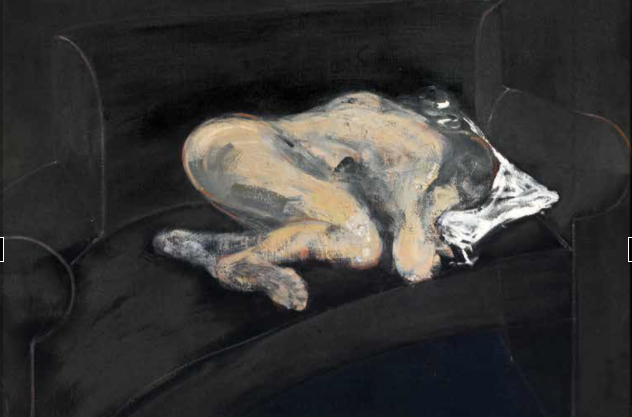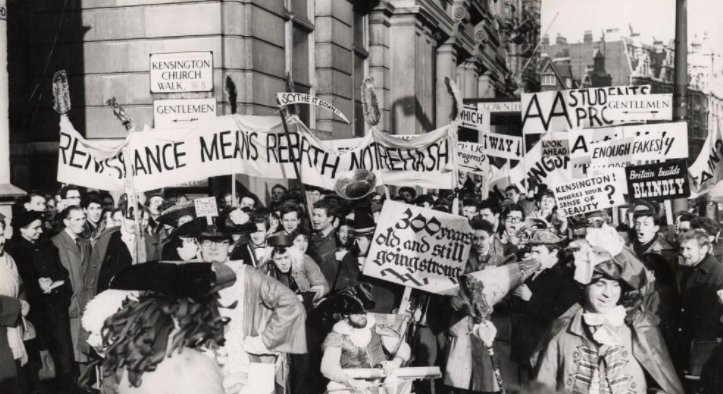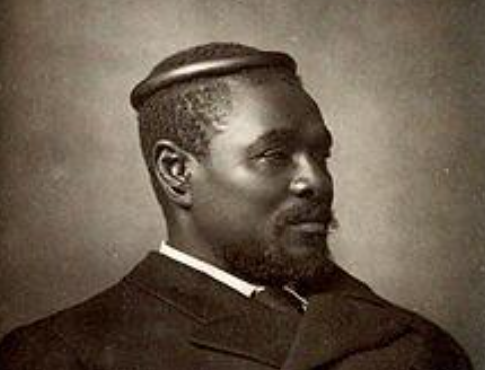Classical Music Reviews – June 2024
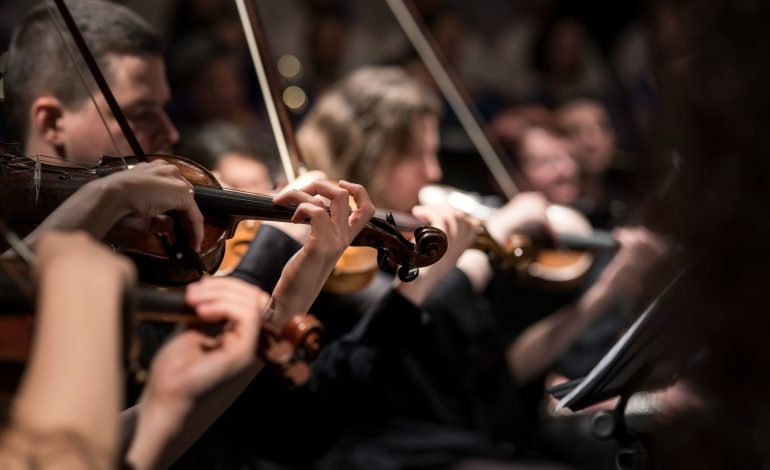
This month, Simon Mundy, introduces a fascinating mix of classical music recordings, revealing just how eclectic the classical landscape can be. His picks give us a chance to engage with the emotional depth of the late Romantic period to the haunting melodies of the 17th century, and even modern re-releases.
The Pre-Raphaelite Cello
Works by Roger Quilter, Cyril Scott, Percy Grainger and others
Adrian Bradbury Cello
Andrew West Piano
SOMM Recordings SMOMMCD 0685
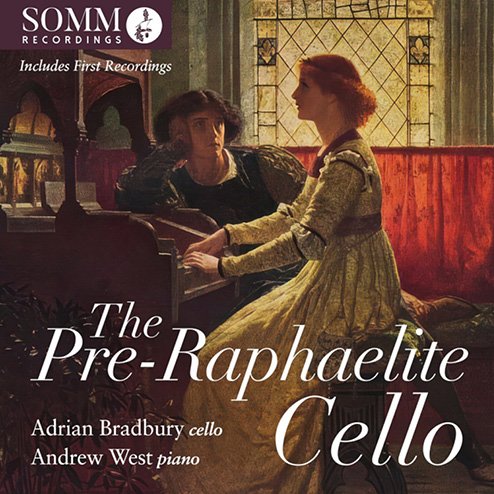
The title of this disc might seem baffling at first but the reasoning is solid. A pre-raphaelite revolution is what Percy Grainger, that ebullient Aussie and his group of English friends studying in Frankfurt before WW I, called the direction they wanted for music. So the CD also includes pieces by two of their tutors in Frankfurt, Iwan Knorr and Hugo Becker. There is another clever link too. Quilter, Grainger and Scott all wrote for the cellist Beatrice Harrison, famous for her recording with Elgar of his Violin Concerto. 2024 is also the centenary of her extraordinary BBC outside broadcast, playing solo as the nightingale sang in her garden. Several of the works here come from her archive (now a Trust which supported the recording) and appear on CD for the first time. For all those reasons, this is worth collecting. Beatrice’s accomplished pianist sister Margaret, whom I knew, performed many of them with Beatrice. Adrian Bradbury and Andrew West are worthy champion successors. Bradbury has been guest principal cello with most of London’s good orchestras and has a distinguished chamber music career. West leads the Kirckman Concert Society, which has given London recitals to generations of young musicians. Bradbury does not quite have the sweetness of tone for which Harrison was renowned but that does not detract from such a pioneering enterprise.
Richard Strauss
Don Juan, An Alpine Symphony, Also Sprach Zarathustra, Till Eulenspiegel
Philharmonia Orchestra
Santtu-Matias Rouvali Conductor
2 CDs
Philharmonia Records SIGCD720
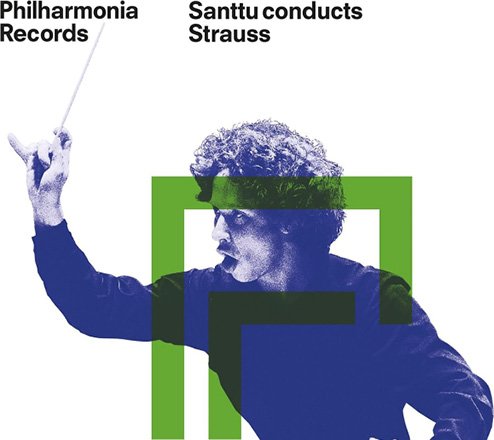
The last complete concert Richard Strauss ever conducted was in the Royal Albert Hall on 19th October, 1947, with the Philharmonia Orchestra, then only two years old. It began with his tone poem on the story of Don Juan, making it fitting for this album to start with that piece, marking the orchestra’s first recording with its new principal conductor. At 38, the Finn Santtu-Matias Rouvali is steadily making a name for himself leading big forces and there are few bigger needs than for the four works here. The massive Alpine Symphony, at nearly an hour long in one vast panorama, requires a brass army of over 30 players. This and Also Sprach Zarathustra, with its famous beginning used by Kubrick in his film 2001: A Space Odyssey, are among the grandest purely orchestral works ever written and define the culmination of late Romanticism in music. Rouvali is at the perfect age to take them on – experienced enough to handle the task of giving the gentler moments breathing space, young enough to savour the adrenalin of the monumental. There is no point in listening to this with the volume turned down. If you don’t want to bombard the neighbours, put on the headphones, listen alone and indulge in a bit of shadow conducting. Strauss and Sibelius were writing at much the same time and in the same sound world, so it is in Rouvali’s blood and London’s players love tackling these immense showcase works. Recorded in the Royal Festival Hall in 2021, the concert with the two biggest pieces enshrined here was also one of the first chances they had to get together properly after the COVID hiatus. The result is full of energy but also tenderness and it captures powerfully the sense of determination and conquest that Strauss was depicting.
Il n’y a pas d’amour heureux
Works from 17th century Italy
La Palatine
Ambronay AMY316
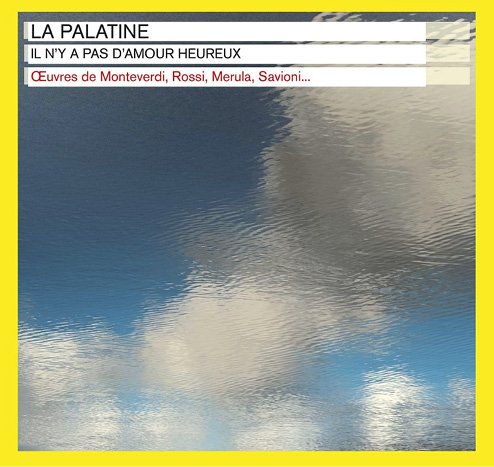
At the other end of the soundscape is this compelling disc of pieces by Monteverdi, Luigi Rossi and their contemporaries from La Palatine, a quartet of young musicians playing viola da gamba, guitar, theorbo lute, harpsichord, chamber organ and percussion. The title of the disc, ‘There is no happiness in love’, is beautifully reflected in the plaintive selection of songs and instrumental movements. It actually comes from the one modern song included, by the French chanteur, Georges Brassens, his poignant message delivered with immaculate style by soprano Marie Théoleyre, who proves that the baroque courtly and 20th century smokey bar songs, fit the light soubrette voice equally well. Théoleyre’s delivery of Rossi’s lilting Begl’occhi che dite? (Beautiful eyes, what do you say?) is infectious, as are her partner Nicolas Wattinne’s lute and guitar and Noémie Lenhof’s gamba solos. None of the pieces are more than a few minutes long but they add up to a splendidly constructed recital and, over the last few weeks, I have found myself returning to this disc again and again when I want to be soothed and encouraged. There is a tragic postscript, however, for last December Wattine was killed in a skiing accident, making this superb recording a memorial as well as an introduction.
Howard Blake
First Symphony, Concert Dances for Piano and Orchestra,
The Court of Love, A Month in the Country
Philharmonia Orchestra
English Northern Philharmonia
Howard Blake Piano & Conductor
Paul Daniel Conductor
SOMM Recordings SOMMCD 0678
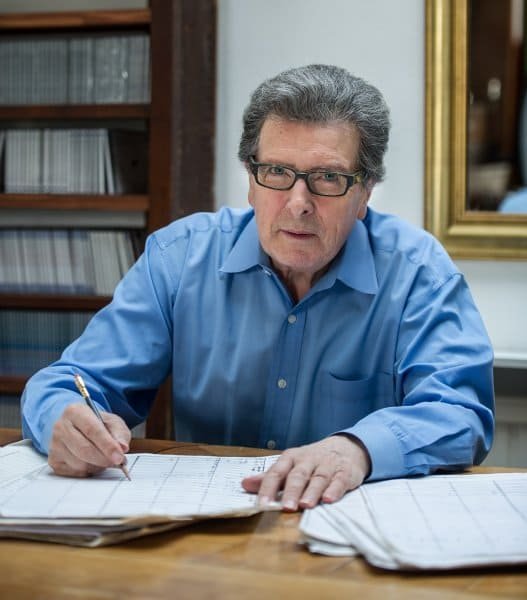
There was a time when Howard Blake was the nation’s favourite composer, thanks to his music for Raymond Briggs’s “The Snowman,” a cherished classic for every child watching Christmas TV. To mark Blake turning 80, SOMM has rereleased recordings of his music made between 1991 and ’93, which show his purely orchestral mastery. So far he has written four symphonies, twelve concertos and three oratorios, as well as his familiar incidental work for film and TV. In that he falls into the same category as Richard Rodney Bennett and Christopher Gunning – composers who are famous for accompanying pictures but look to the concert hall too. His style, certainly in the short First Symphony – Impressions of a City, from 1967, derives much from Walton and Bernstein (no bad thing). In the Concert Dances from twenty-five years later he is closer to André Previn. Perhaps what has stopped Blake gaining widespread critical recognition is his relentless amiability. To make a literary analogy, he is the Alexander McCall Smith of music – the work beautifully crafted, always attractive but holding no terrors. There is a place for this distinctively kind music, though, aimed at easing rather than confronting the mind, and Blake is very good at it.







